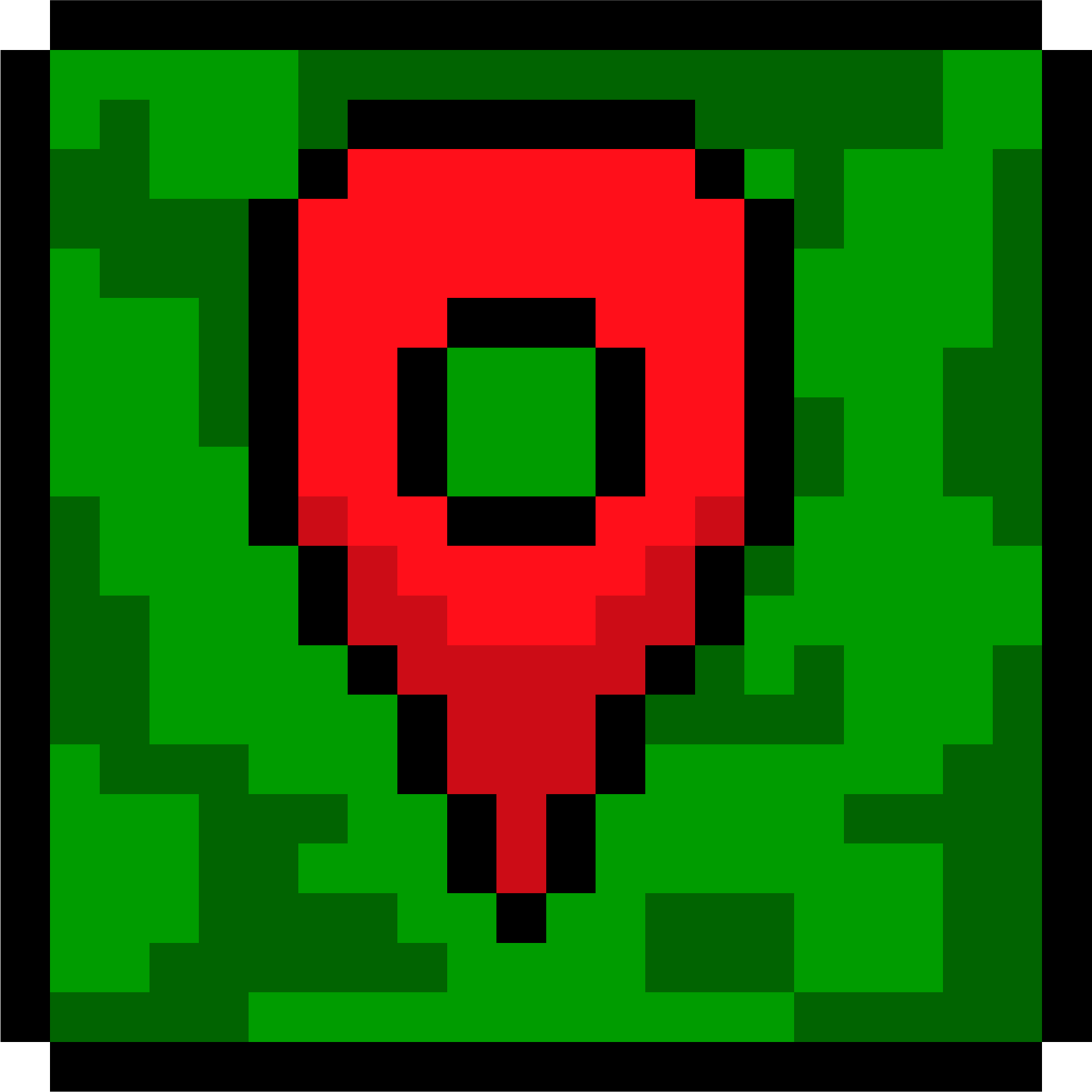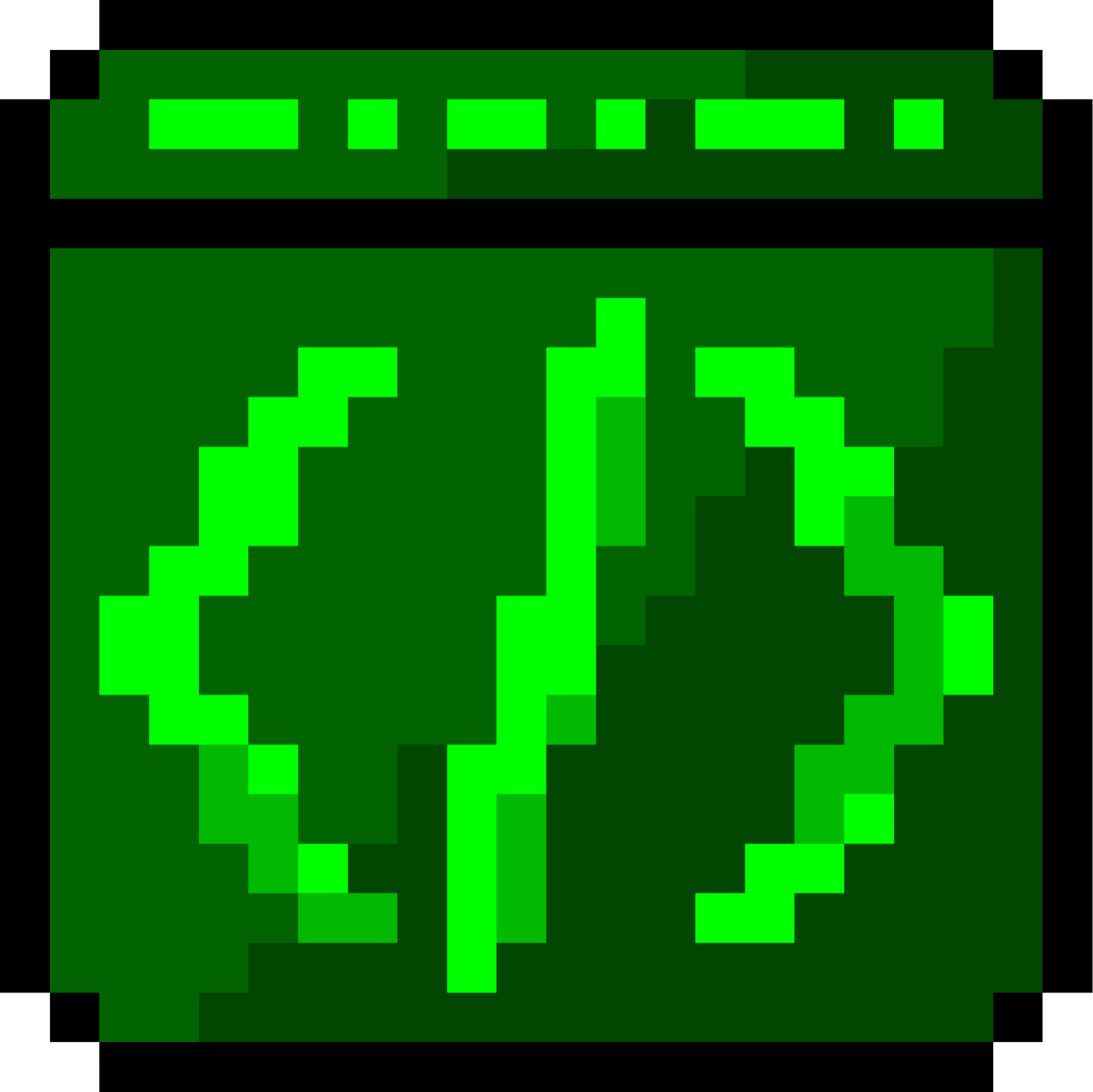319 reads
Get Certified by CIA for Exploring Archives — my Golang Solution for Web Archive Data Extraction
by
June 5th, 2023
Audio Presented by
Story's Credibility









About Author
Software engineer and Cybersecurity guy
Comments
TOPICS
THIS ARTICLE WAS FEATURED IN
Related Stories
104 Stories To Learn About Go
May 03, 2023

